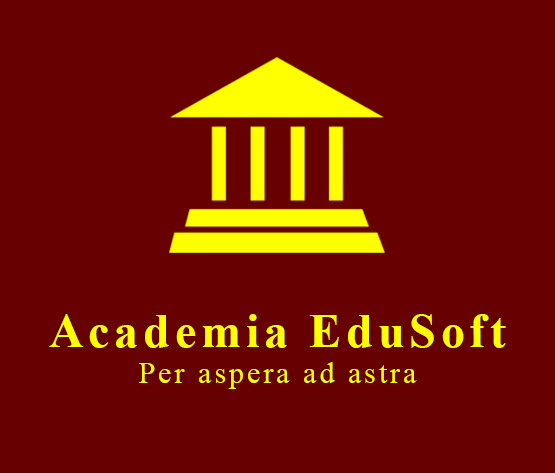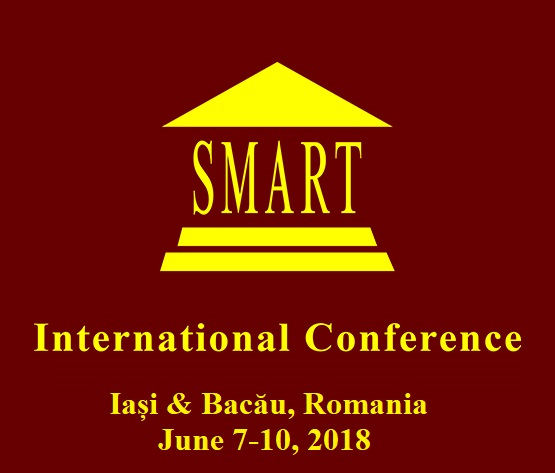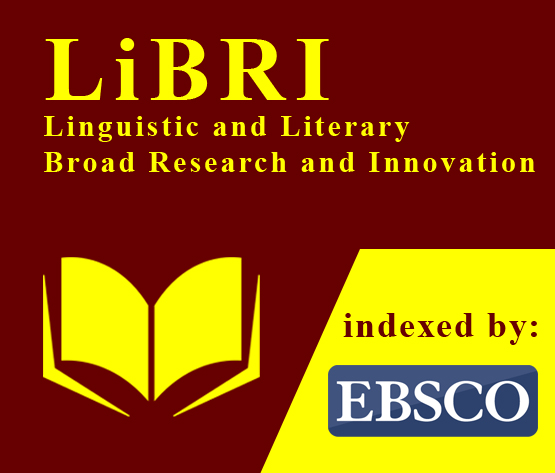The Play of Incarnation as Artistic Creation in Allen Ginsberg's “Howl”
Abstract
The aim of this essay is to unveil the interconnection between various instances of incarnation expressed in Allen Ginsberg’s seminal twentieth century poem “Howl”. The Beat author seemingly plays with the theological notion of Incarnation and uses it as main analogy for the spiritual embodiment of his poetic/linguistic creation – that is the poem itself –, which is closely linked to the physical body of the prophet as well as to the sound and technique behind jazz music, particularly bebop. Firstly, a brief overview of Incarnation in Christian terms will be given in order to stress the necessary conditions for the coexistence of spirit and matter in the person of Jesus Christ, emphasizing language as a medium of expression that recalls Messianic mediation. Subsequently, Ginsberg's use of incarnational language will be linked to the act of physical consumption in remembrance and celebration of artistic incarnation. This act acquires a similar function to that of the Eucharist, while the structural and thematic composition of “Howl” – that embodies the spontaneity of bebop and the sound of the saxophone howling the suffering of Christ – will allow for a musical incarnation with the help of jazz.
Keywords: incarnation, Christ, artist, poetry, jazz.






